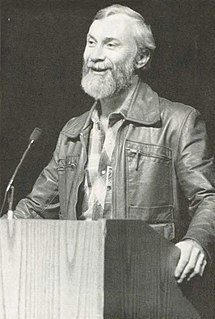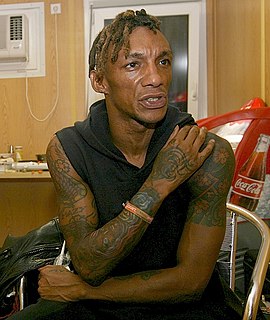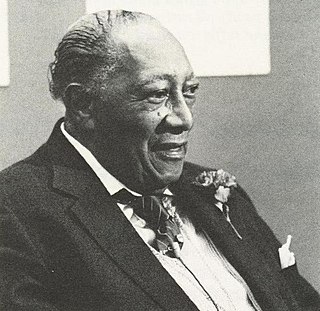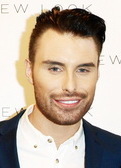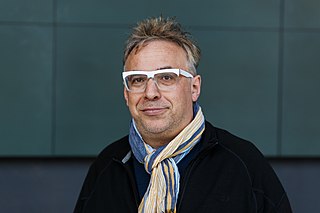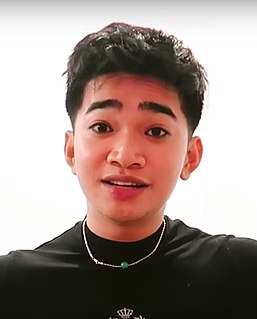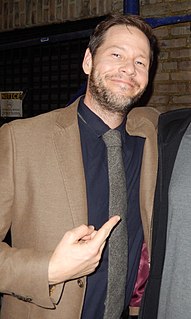A Quote by Bill Jay
I'd like my coffin to be a camera obscura so I can see what's going on outside.
Related Quotes
Maybe the only thing each of us can see is our own shadow. Carl Jung called this his shadow work. He said we never see others. Instead we see only aspects of ourselves that fall over them. Shadows. Projections. Our associations. The same way old painters would sit in a tiny dark room and trace the image of what stood outside a tiny window, in the bright sunlight. The camera obscura. Not the exact image, but everything reversed or upside down.
